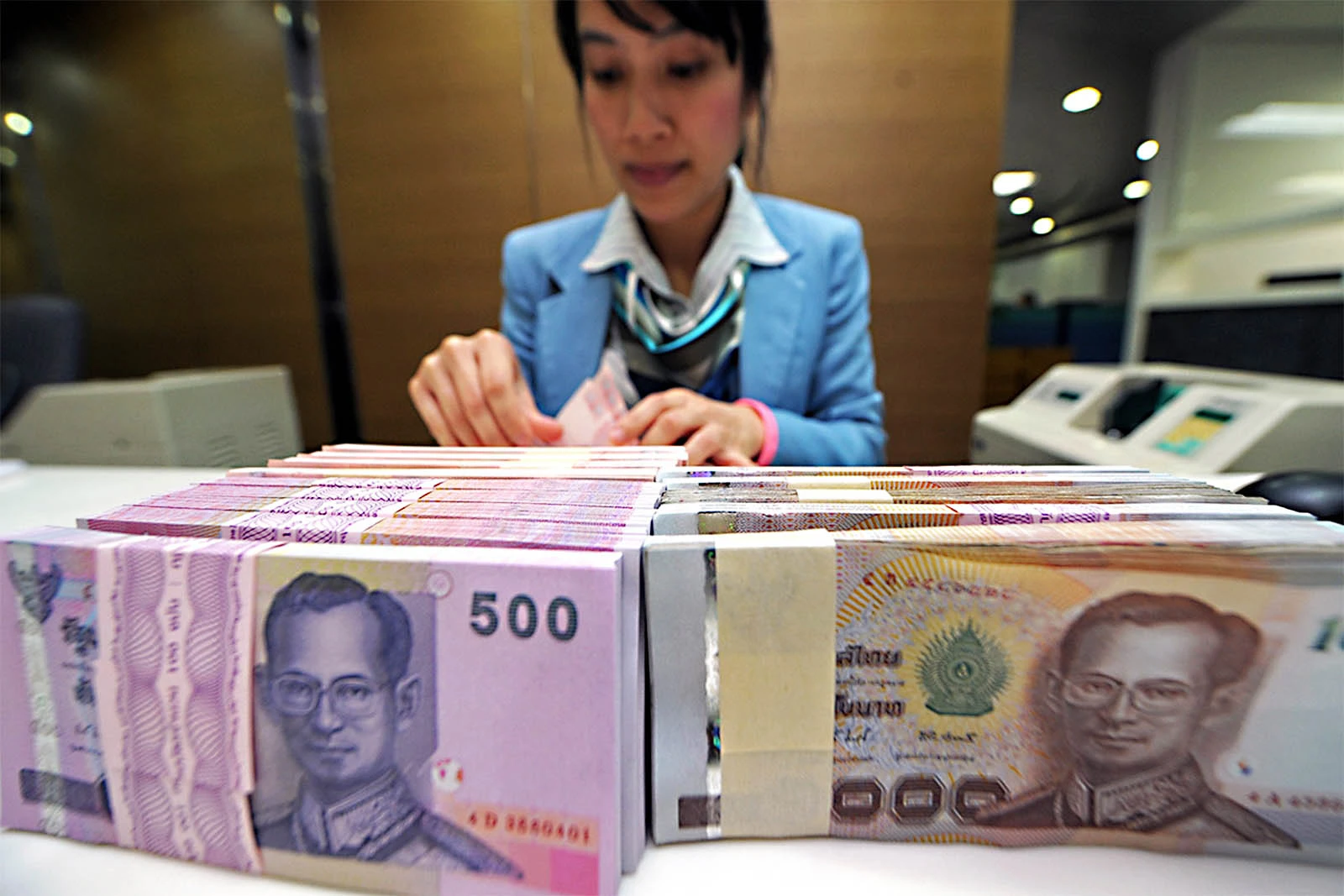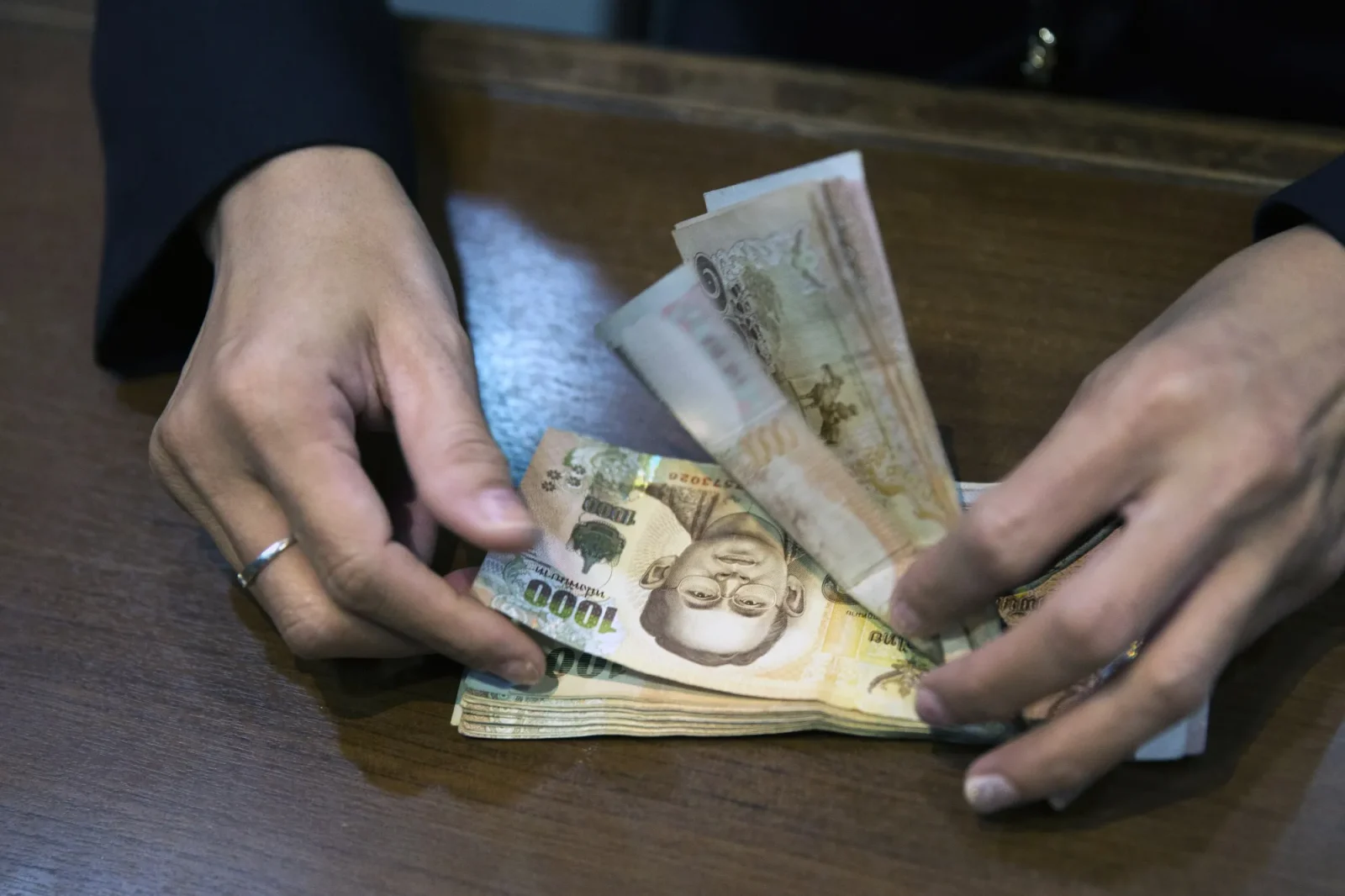Thailand’s government has launched the first phase of a major $14 billion stimulus initiative, aiming to invigorate the economy by distributing 10,000 baht each to around 45 million citizens. The first stage will focus on providing this cash to 14.5 million welfare cardholders and disabled people, with completion expected by the end of the month. This program is designed to stimulate economic activity by injecting significant sums of money into the population.
Prime Minister Paetongtarn Shinawatra, during an event celebrating the program’s launch, emphasized the anticipated impact of the scheme, calling it a “tornado of spending” that would help drive economic growth. The program was initially set up as a “digital wallet” system, which would distribute the funds through a smartphone app. The money was intended to be spent locally within six months, helping ensure the funds circulate within communities.

However, the initiative has drawn criticism from economists, including former central bank governors, who argue that the plan is fiscally irresponsible and lacks a clear funding strategy. Despite these concerns, the government has reaffirmed its commitment to the stimulus program and plans to introduce further economic measures. Officials insist that the digital wallet policy will continue to play a key role in their approach to reviving economic growth.
Thailand’s economy, the second-largest in Southeast Asia, has been underperforming compared to other countries in the region. The country’s growth rate is projected at just 2.6% this year, following a 1.9% expansion in the previous year. By injecting cash directly into the hands of its citizens, the government hopes to spark consumption and improve these economic figures, though concerns over the long-term impact on fiscal stability persist. At present, the baht is trading at 32.61 per U.S. dollar.







Leave a Reply